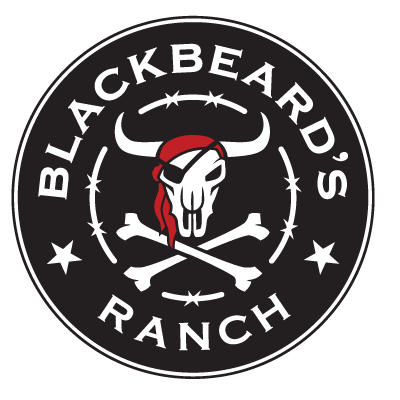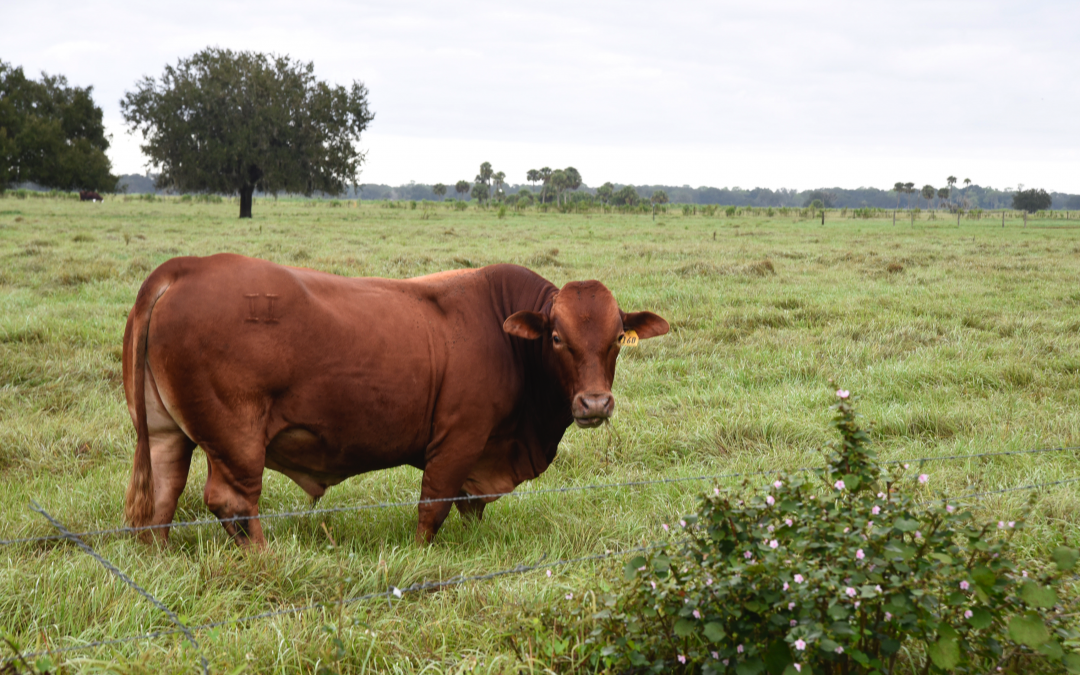Dana Edwards May 10, 2018
GAINESVILLE, Fla. – At the University of Florida, 16 percent of those who visited the on-campus Alan and Cathy Hitchcock Field and Fork pantry mentioned the service was their sole source of food when they needed temporary assistance.
While students working with the Field and Fork student gardens grow fresh seasonal vegetables for pantry users, the pantry runs low on protein sources. When managing partner of Blackbeard’s Ranch in Manatee County Jim Strickland heard about this need, he immediately began working to find how his team could help.
Strickland found a solution: Blackbeard’s donated a cow to the pantry that the UF/IFAS animal sciences department could then process into ground beef. The meat was gone in about a month.
“I did not go to UF, but I depend on a lot of folks for information from the UF/IFAS Range Cattle Research and Education Center,” Strickland said. “I thought it was important to give back to good people who have given much to my business.”
Strickland’s family has been in the cattle industry for five generations before him. Blackbeard’s is one of several ranches of which Strickland is a partner or owner. He said twice a year moving forward, Blackbeard’s and Strickland’s Ranch will donate a cow to the pantry.
“Sometimes we blindly give and do not have to know the person,” Strickland said. “Sometimes it’s gas, clothing or time, and sometimes it’s a cow. If we as farmers and ranchers can donate some of our crops to help others, then I think that’s a great idea worth pursuing.”
Strickland mentioned many food products are thrown away throughout the year because they do not fit the aesthetic specifications required by grocery stores. He encourages Florida farmers and ranchers to utilize these crops in a way to help those who are in need but have limited access to good, affordable food.
“Nationally it is estimated that about half of our produce is wasted every year,” said Karla Shelnutt, an associate professor in the UF/IFAS family, youth and community sciences department. “Many large processors have advanced contracts with suppliers that require certain characteristics, so post-harvest culling leads to most of the waste.”
If you would like to learn more about how you can contribute to the on-campus Alan and Cathy Hitchcock Field and Fork pantry, contact Christy Chiarelli at ccw@ufl.edu or at 352-273-0353.
###
The College of Agricultural and Life Sciences (CALS) administers the degree programs of the University of Florida’s Institute of Food and Agricultural Sciences (UF/IFAS). The mission of the College of Agricultural and Life Sciences is to deliver unsurpassed educational programs that prepare students to address the world’s critical challenges related to agriculture, food systems, human wellbeing, natural resources and sustainable communities. The college has received more total (national and regional combined) USDA teaching awards than any other institution. Visit the CALS website at cals.ufl.edu, and follow CALS on social media platforms at @ufcals.

